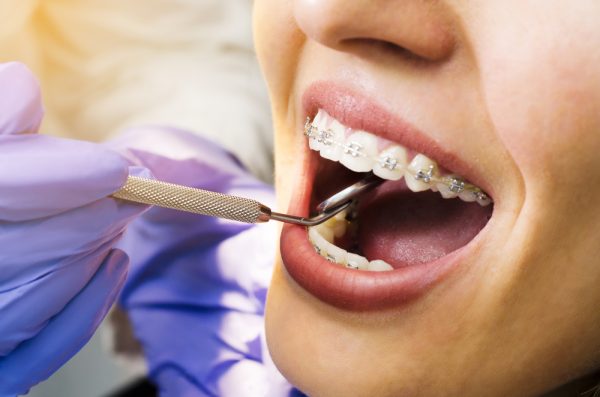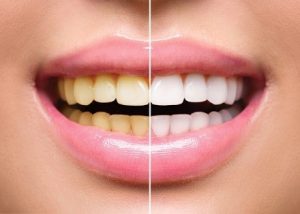3 Tips For Managing Mouth Ulcers
Mouth ulcers are small, painful lesions inside your mouth that can make your day to day uncomfortable. They often look like white or yellow dots and can be triggered by stress, injury, poor hygiene and diet. While most ulcers will disappear after a week, if you trigger, aggravate or leave it untreated then there is a chance the ulcer will cause you complications. If you notice your ulcer getting worse contact your dentist or general practitioner immediately. In the meantime, you should avoid triggering symptoms. In this blog, we are sharing stress-free ways to manage your mouth ulcers.
Preventing mouth ulcers
The best way to cure a mouth ulcer is to avoid getting them! People get ulcers for all sorts of reasons, but most of the time it boils down to not taking care of yourself. Think about what you could be doing to take better care of yourself. The best way to generally avoid getting them is to take care of your oral health and diet. This means brushing your teeth regularly, flossing and taking the time to maintain a balanced diet. For many, stress is a huge trigger for ulcers so it might help to find ways to manage your stress levels.
Managing pain and discomfort
The best way to avoid the painful symptoms of an ulcer is to avoid triggering it and making it worse. While your ulcer is healing do your best to avoid spicy foods, overly salty food, hard or crunchy foods that will aggravate the sore and things that are too hot. Also, try your best not to touch it. There are also pain relief medications you can take if it is causing you a lot of strife. Talk to your chemist about what medication is best for you.
Treatment
Give your body a helping hand by keeping your fluids up and eating plenty of fruit. A warm salt solution will help prevent the ulcer from getting worse, along with practising good dental hygiene. There are also medicated mouthwashes, gels, and pastes available that will help you fight away the ulcer. They will usually be an anti-inflammatory, steroid and anaesthetic.
If you’re concerned about your mouth ulcer getting worse, or want some professional advice on keeping your dental hygiene up to scratch, Eden Rise Dental offers judgement-free consultations. Our friendly staff will be happy to schedule an appointment for you – simply call (03) 9702 6111.





